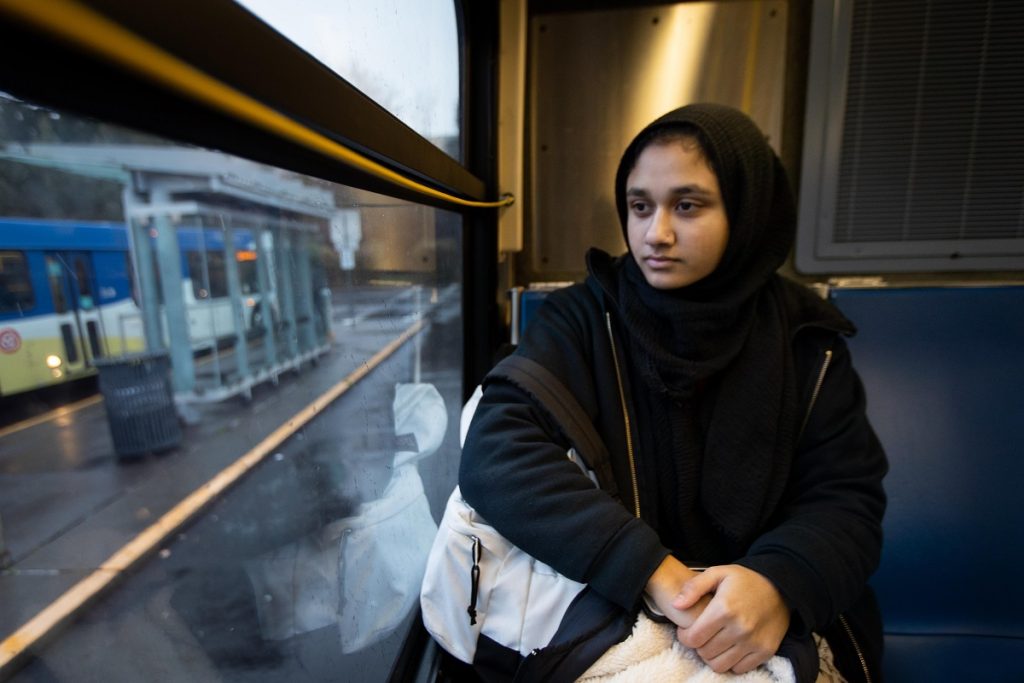Oregon, known for its natural beauty and progressive spirit, has seen a steady rise in its Muslim population over the past two decades. The state’s Muslim residents come from diverse backgrounds — including Arab, Somali, Pakistani, Bosnian, Turkish, and African American communities — creating a rich mosaic of cultures, cuisines, and traditions.
1. Historical Roots and Migration Patterns
The earliest Muslim settlers in Oregon date back to the mid-20th century, when international students and professionals began arriving in cities like Eugene and Corvallis to study and work at Oregon State University and the University of Oregon. Over time, many of these families settled permanently, laying the foundation for local mosques and Islamic centers that now serve as community hubs.
2. Islamic Centers and Mosques in Oregon
Today, Oregon is home to more than 20 mosques and Islamic organizations. Among the most prominent are:
-
Bilal Masjid (Beaverton): One of the oldest and largest mosques in the state, known for its community outreach and interfaith events.
-
Islamic Center of Portland – Masjed As-Sabr: A major religious and cultural hub that offers prayer services, youth education, and social programs.
-
Salem Islamic Center: Serving the capital city’s growing Muslim population with prayer facilities and Quranic education.
-
Eugene Islamic Center: Close to the University of Oregon, this mosque serves both local families and international students.
These centers provide much more than prayer spaces — they offer cultural classes, food drives, and interfaith initiatives that promote understanding across communities.
3. Education and Youth Empowerment
Muslim students in Oregon are active in campus organizations like the Muslim Student Associations (MSAs) at OSU, PSU, and UO. These groups organize awareness campaigns, Ramadan iftars, and humanitarian drives, helping Muslim youth connect faith with civic responsibility. Islamic schools, such as Oregon Islamic Academy, also provide quality education that blends Islamic values with academic excellence.
4. Cultural Presence and Halal Businesses
Halal restaurants, grocery stores, and clothing boutiques are growing in cities like Portland, Hillsboro, and Beaverton. Restaurants like Al Mustafa Mediterranean Grill, DarSalam, and Marhaba Café serve Middle Eastern and South Asian dishes that attract both Muslim and non-Muslim diners. Halal meat shops and bakeries have become cultural touchpoints for the community.
5. Interfaith and Social Engagement
Oregon’s Muslims have played an active role in building interfaith harmony. Through organizations like CAIR-Oregon, Muslim Educational Trust (MET), and Ecumenical Ministries of Oregon, Muslims collaborate with churches, synagogues, and civic groups to address social justice, homelessness, and refugee support.
6. Celebrations and Community Life
Islamic holidays such as Eid al-Fitr and Eid al-Adha are celebrated in local parks and convention centers, drawing thousands of families. Events include communal prayers, food stalls, cultural performances, and charity collections for global relief causes.
7. Challenges and Progress
While Oregon’s Muslim community has faced instances of Islamophobia and discrimination, growing awareness, youth leadership, and civic involvement have strengthened representation in education, business, and politics. Local leaders continue to advocate for inclusion, equity, and accurate representation in the public sphere.
Conclusion
Oregon’s Muslim community embodies resilience, diversity, and a spirit of cooperation. From building educational institutions to organizing interfaith dialogues, Muslims in Oregon are actively shaping the state’s future while preserving their rich cultural and religious heritage.

